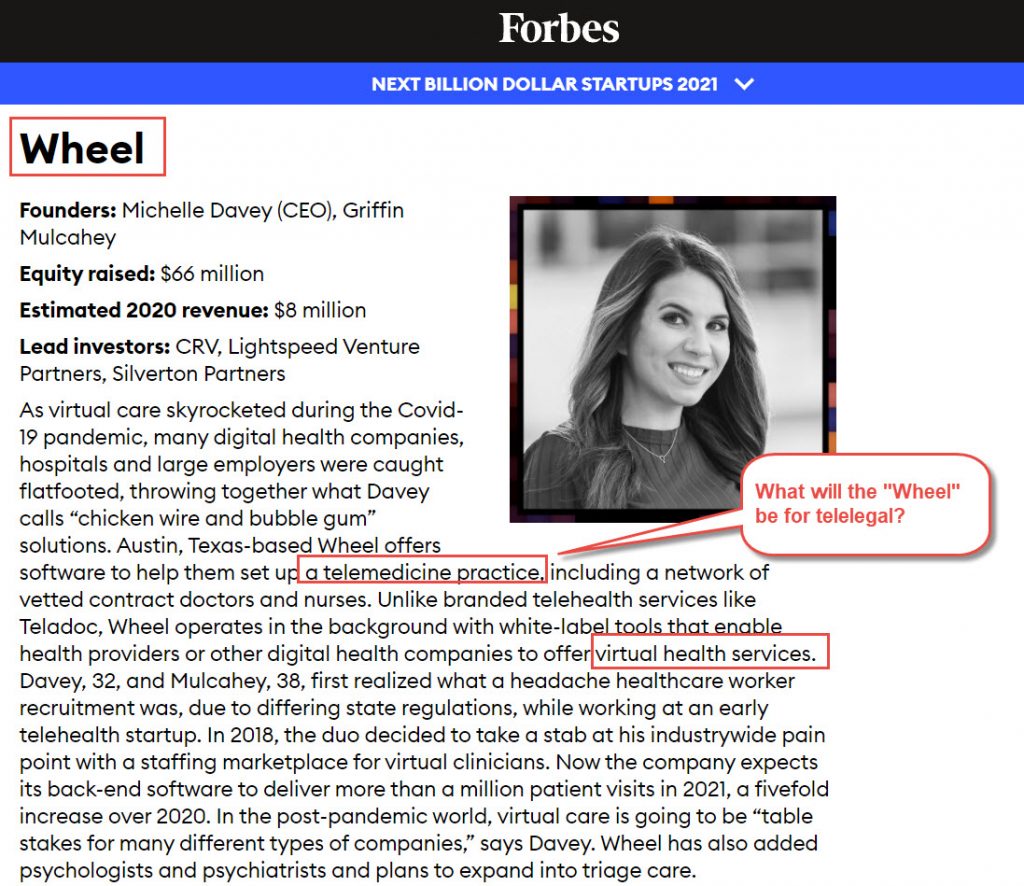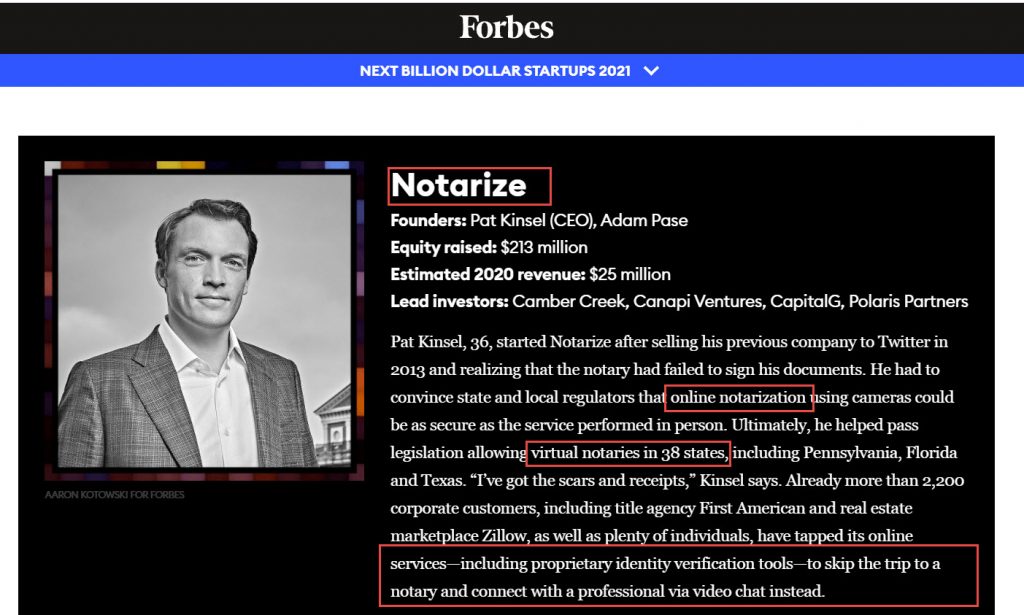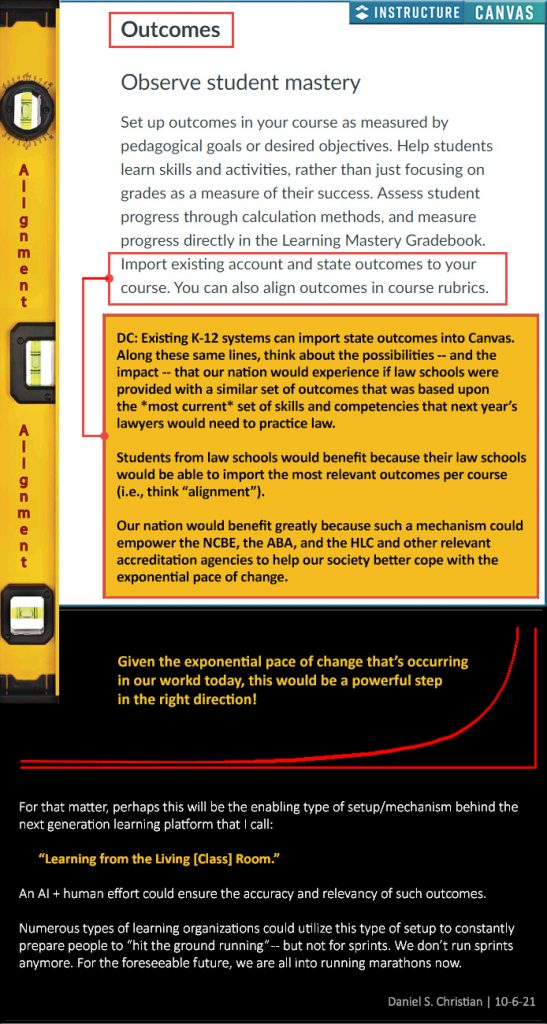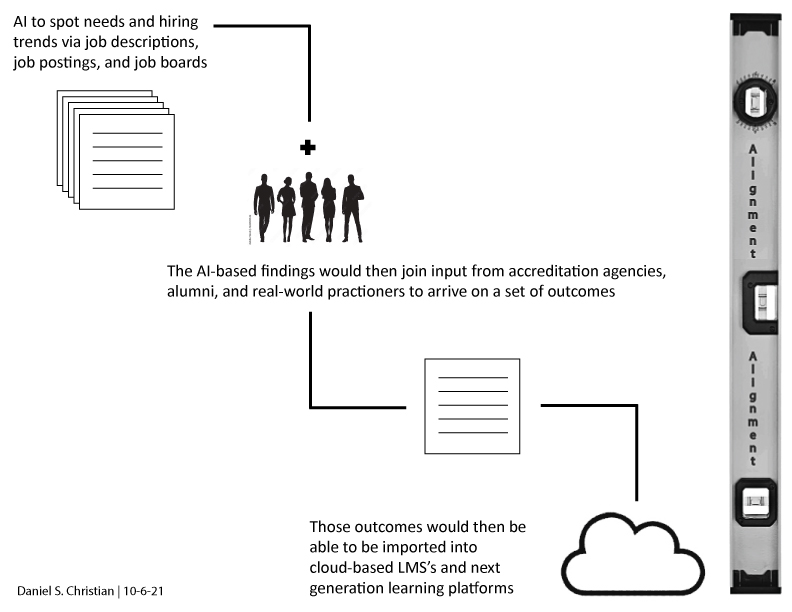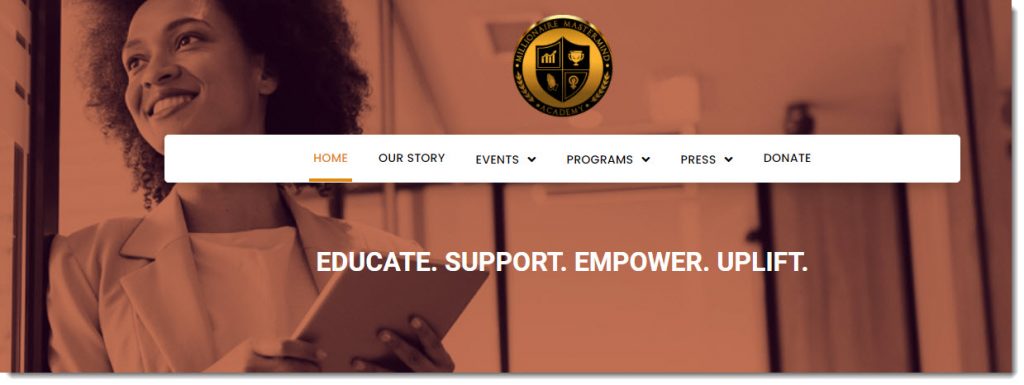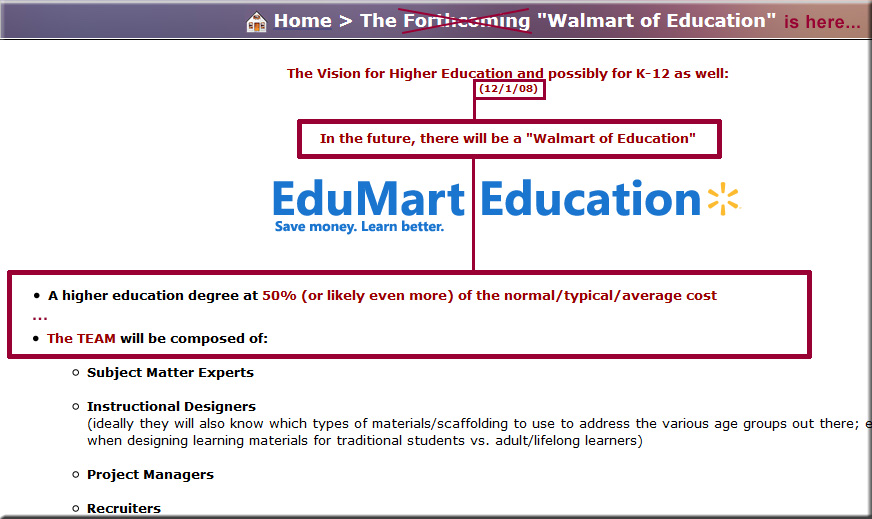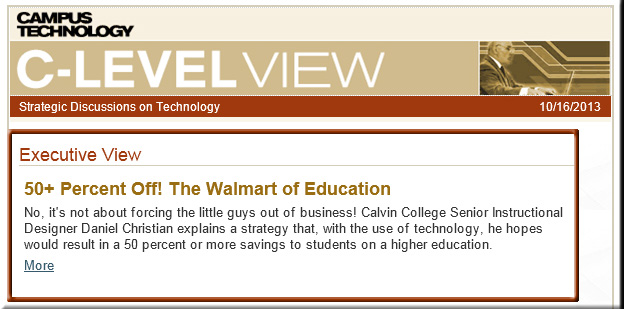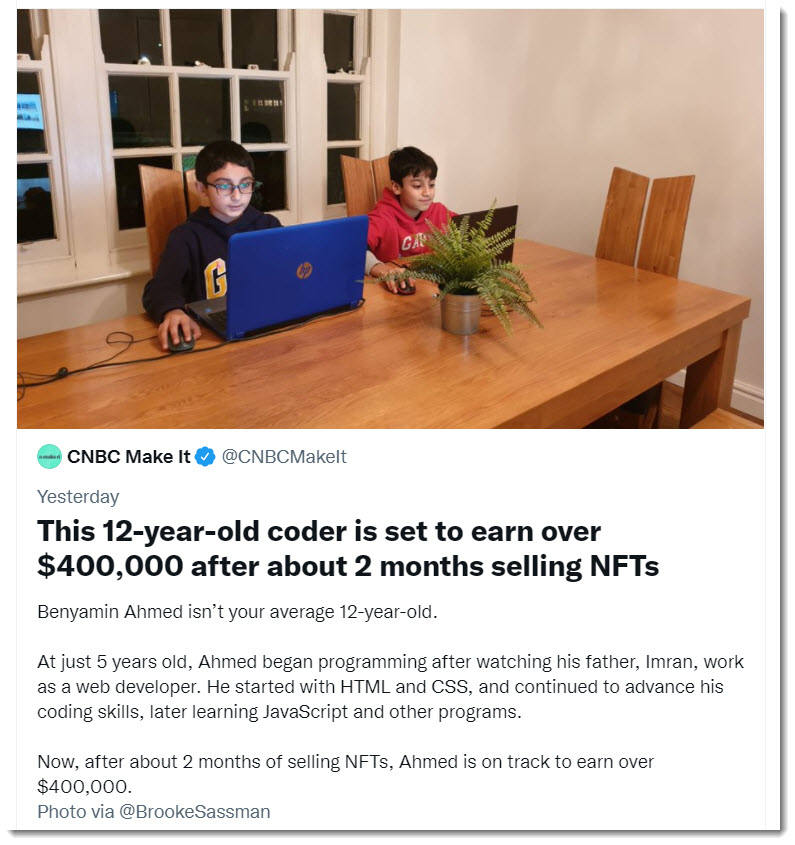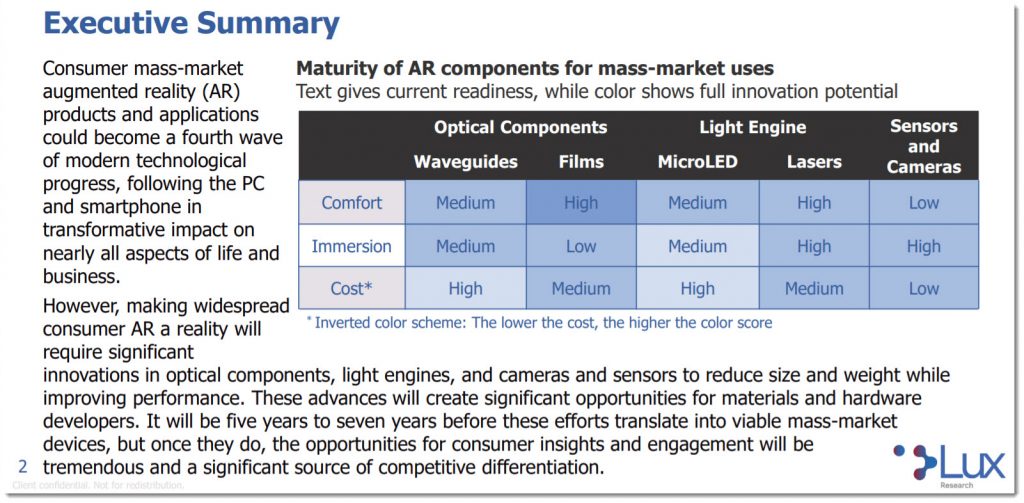Defining the skills citizens will need in the future world of work — from McKinsey & Company; with thanks to Ryan Craig for this resource
Excerpts:
Our findings help define the particular skills citizens are likely to require in the future world of work and suggest how proficiency in them can influence work-related outcomes, namely employment, income, and job satisfaction. This, in turn, suggests three actions governments may wish to take.
- Reform education systems
- Reform adult-training systems
- Ensure affordability of lifelong education
Establish an AI aggregator of training programs to attract adult learners and encourage lifelong learning. AI algorithms could guide users on whether they need to upskill or reskill for a new profession and shortlist relevant training programs.
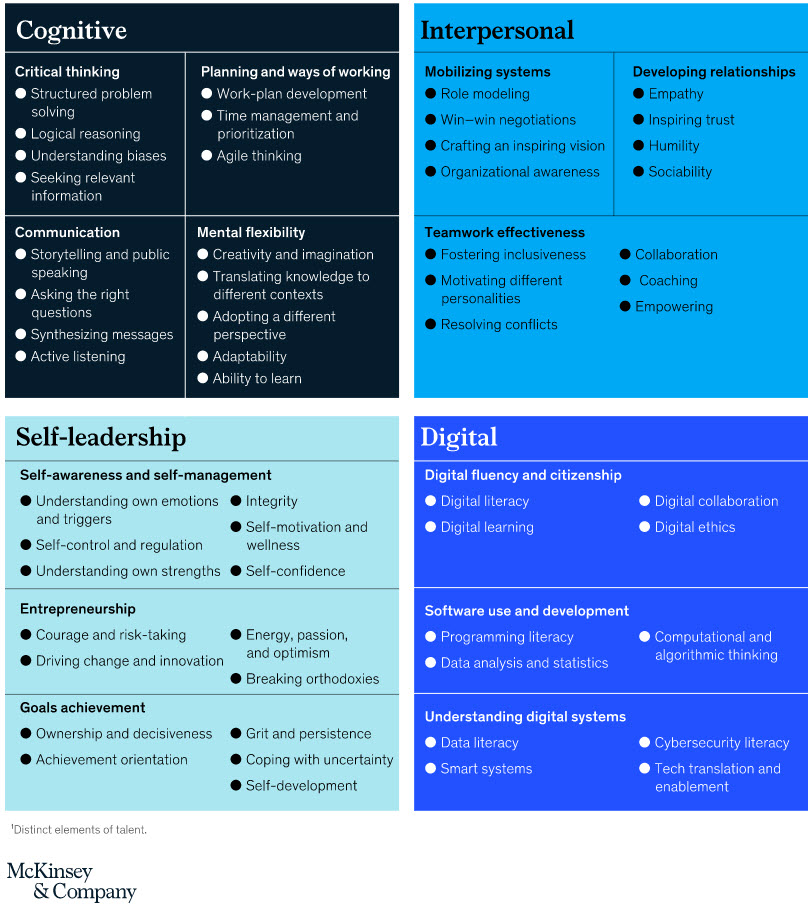
From DSC:
No one will have all 56 skills that McKinsey recommends here. So (HR) managers, please don’t load up your job postings with every single skill listed here. The search for purple unicorns can get tiring, old, and discouraging for those who are looking for work.
That said, much of what McKinsey’s research/data shows — and what their recommendations are — resonates with me. And that’s why I keep adding to the developments out at:

A powerful, global, next-generation learning platform — meant to help people reinvent themselves quickly, safely, cost-effectively, conveniently, & consistently!!!









